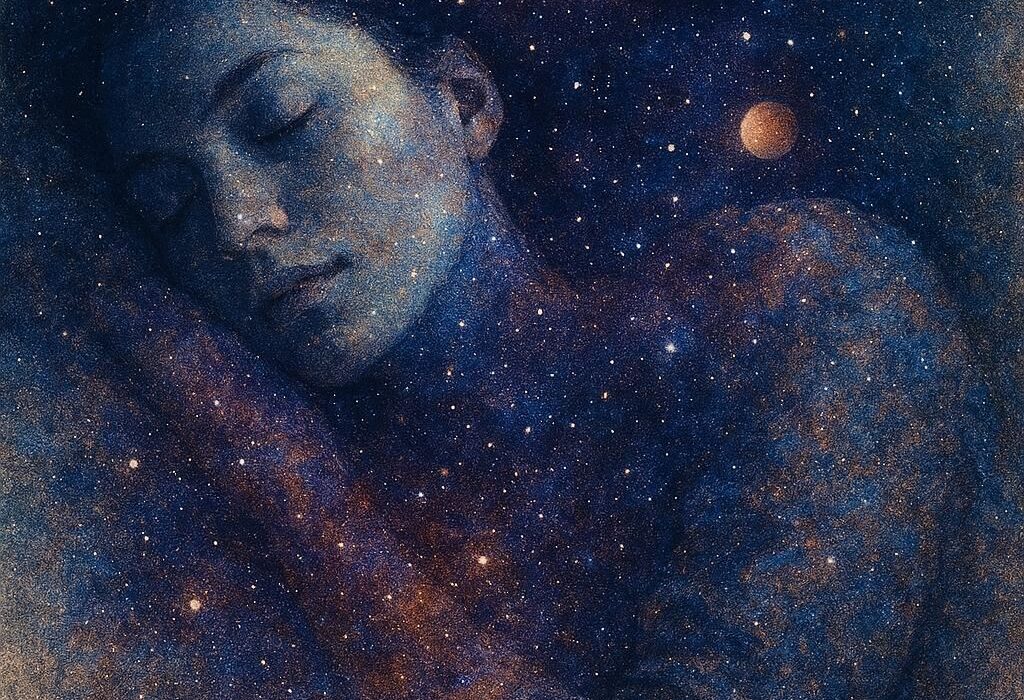It begins in silence.
No one else sees it. No one hears the shouts. But inside your skull, two voices clash like thunder. One whispers pleasure, immediacy, the high of now. The other speaks of purpose, of restraint, of later. One tempts, the other warns. One says yes. The other says, “Not yet.”
And you—stuck between them—feel like a battlefield.
This is the war between desire and discipline. Not abstract concepts, but living forces within you. Forces that pull, drag, seduce, shame, elevate, and devastate. They are ancient. Older than language. Rooted in your biology, sharpened by your experiences, and animated by your dreams.
Desire is wild, hot, impulsive. It wants to feel alive. It doesn’t care about tomorrow.
Discipline is cold, strong, steady. It wants to protect. It lives for tomorrow.
And in the middle stands the self—trying to choose who to follow. Every day. Every hour. Every breath.
The Ancestry of Desire
Desire is not your enemy. It is your inheritance.
Long before civilization, desire kept us alive. Hunger pushed us to hunt. Thirst led us to water. Lust made us reproduce. Curiosity helped us discover. Comfort made us seek shelter. The body was the compass, and pleasure its North Star. What felt good was usually good—for survival.
But the world changed. And desire didn’t.
Modern life floods us with stimulation far beyond what evolution ever anticipated. Sugar, sex, screens, gambling, gossip, validation, attention, beauty—all within reach. All day. All night. And all of it designed to hijack the oldest parts of your brain.
You are not weak for craving. You are human.
Your dopamine system—the neural engine of desire—was never meant to handle infinite options. Every ping of pleasure reinforces the craving loop. You check your phone. You scroll for hours. You binge. You procrastinate. You know it’s not what you should be doing. But your brain says, “More.”
It isn’t stupidity. It’s biology.
But biology isn’t destiny.
The Rise of the Inner Commander
Discipline is not natural. It is learned. It is the slow, painful construction of an inner commander—the part of you that delays gratification for something bigger.
Children lack it. Animals lack it. But humans… we build it.
Discipline begins as imitation. We see our parents resist what they want. We watch teachers say no. Coaches say run harder. We feel the friction of rules. And over time, that friction either crushes us—or carves character.
Eventually, discipline becomes internalized. It becomes your voice. The one that wakes you up when the alarm rings. The one that says no to another drink. The one that drags your body to the gym, even when your soul says stay in bed.
Discipline is not punishment. It is love in armor. The love that says: “I want you to have a better life than your impulses can give you.”
It is the keeper of your future.
But it is not invincible.
The Craving and the Conflict
Imagine you are tired. You’ve worked all day. You had planned to write that novel, read that book, clean that room. But your body aches. The screen glows. The couch whispers comfort. One scroll. One show. One slice of cake.
And so it begins.
Desire is quick, agile, persuasive. It doesn’t argue with logic. It stabs at sensation. “You deserve this,” it says. “One time won’t hurt. You can start tomorrow.”
Discipline tries to rally. It reminds you of your goals. Your promises. Your pain. But its voice is slower. Quieter. Because discipline speaks the language of reason, and reason is a whisper compared to the roar of craving.
You feel the tension rising in your chest. You want both things. You want the reward of now and the life you dream of. But you can’t have both. Not yet.
And here is where many lose the battle—not because they are weak, but because they are exhausted. Decision fatigue is real. Every act of self-control costs energy. The longer you resist, the more depleted you become.
Eventually, the dam breaks. You give in. And for a moment, desire wins.
But the victory is hollow.
The Shame That Follows
After desire gets its way, pleasure is brief. The cookie is gone. The show is over. The high fades.
What remains is the sting.
You look in the mirror and ask, “Why can’t I just be better?” You curse your lack of willpower. You call yourself lazy, pathetic, broken. The same shame that once drove your discipline now becomes a weapon turned inward.
This is where many stay stuck. Not because they lack desire for growth—but because they are drowning in the pain of having failed to grow before.
But shame does not create discipline. It breaks it. It weakens the very self who must rise again.
The way forward is not punishment.
It is understanding.
Desire Is Not Evil. Discipline Is Not Cruel.
The war between desire and discipline is often framed as good versus evil. But that’s too simple—and too cruel.
Desire is the fire of life. Without it, we become numb, hollow, robotic. We need desire to dream, to create, to love, to move. The goal is not to kill it, but to guide it.
Discipline is not a tyrant. It is the shepherd of desire. It protects you from the sabotage of your own longing. It reminds you that there is a difference between pleasure and fulfillment. Between escape and elevation.
When these two forces work together, magic happens.
The dancer who trains for years to express beauty. The writer who battles the blank page to tell truth. The monk who renounces the world to find inner peace. The entrepreneur who builds not for riches, but for impact.
They are not denying desire. They are devoting it.
Devotion: The Bridge Between Desire and Discipline
Here lies the secret that few speak of: the war between desire and discipline is not meant to be endless. It is meant to be integrated.
When you find something worthy of your longing, discipline becomes devotion.
Devotion is not about denial. It’s about directing your fire toward a purpose greater than impulse. It’s the artist waking at dawn to paint. The mother staying up all night to soothe. The activist risking comfort to fight injustice. The spiritual seeker fasting, praying, surrendering.
Devotion is discipline fueled by love.
And love is stronger than both shame and craving.
Training the Self to Choose Better
This war will not end in a single moment. It is lifelong. But it can be won—not with force, but with design.
You design your environment to favor your higher self. You design habits to reduce friction. You design rituals to replace impulse. You design your identity around the person you are becoming—not the person you were.
And you fail.
And you forgive.
And you begin again.
Because the war between desire and discipline is not meant to crush you.
It is meant to refine you.
It is the forge where weakness becomes strength. Where scattered cravings become sacred focus. Where you stop chasing pleasure and start building joy.
The Sacred Middle Way
Some try to silence desire completely. To live without it. But this leads to spiritual bypass, repression, even depression. Others abandon discipline, worshipping freedom. But this leads to chaos, addiction, fragmentation.
The path is between.
The sacred middle way.
Where you honor your desires—but do not bow to them.
Where you wield your discipline—but do not bleed under it.
Where your soul learns not just to survive—but to shape its own becoming.






